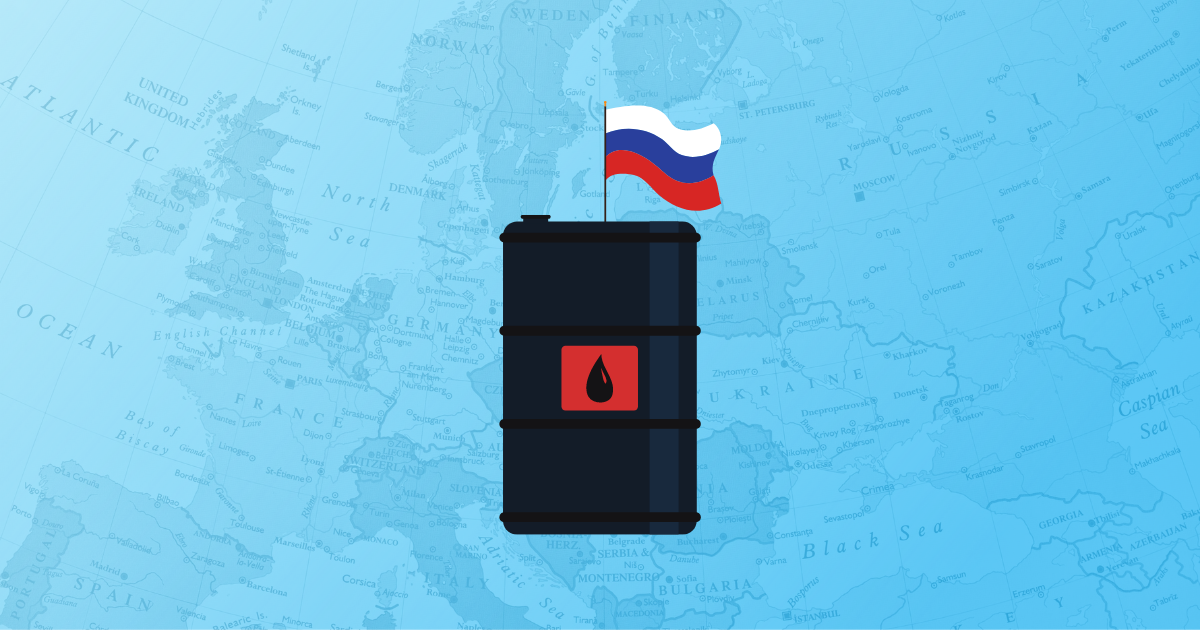Rep. Lizzie Fletcher has introduced two bills aimed at countering Russia’s energy leverage over Europe. The American Energy for Europe Act would establish a program at the Department of Energy (DoE) to assist Europe in achieving energy independence from Russia, while the American Gas for Allies Act would expedite shipments of natural gas to NATO allies.
Energy has long been a source of leverage for Moscow over Europe, but the invasion of Ukraine has created a new sense of urgency to finally end dependence on Russian oil and gas. Although NATO countries have enacted significant sanctions that are unprecedented against an economy the size of Russia’s, Europe’s need for Russian energy does put a limit on how far they can go.
The American Energy for Europe Act, which Fletcher introduced with Rep. Elissa Slotkin (D-MI), establishes a $500 million program at the DoE to reduce European reliance on Russian energy. An additional $1 billion will be allocated if the Nord Stream 2 pipeline is permanently discontinued. “This bill aims to end European dependence on Russian oil, gas, and nuclear imports, and replace them with American energy,” Fletcher said in an interview with the Signal. Although replacing oil and gas would likely be the first order of business, Fletcher said that other forms of energy like wind and solar would likely be part of the mix. “If you look at Texas, we are an ‘all of the above’ state,” Fletcher said when discussing how multiple forms of American energy could help Europe.
The funding would go to “developing, producing, and procuring resources, materials, or equipment” that reduce European energy dependence on Russia as well as loans, grants, and loan guarantees for projects toward that end. The secretary of energy would also be allowed to provide technical assistance to Europe that they deem necessary. While the details would have to be worked out, Fletcher said “infrastructure could very well be part of it.” Indeed, one of the challenges with replacing Russian energy with American energy is infrastructure; liquefied natural gas (LNG) requires specialized terminals while the pipelines from Russia already exist. Fletcher cited plans for a new German LNG terminal as an example of projects that would strengthen transatlantic energy ties.
The American Gas for Allies Act deals specifically with American LNG shipments to Europe. While LNG shipments are automatically expedited for countries that the United States has a free trade agreement with, the United States does not have such agreements with any European country. Fletcher’s bill would allow NATO allies to receive expedited approval as well. “This is an existing process,” said Fletcher. “It would simply allow the United States to apply that process to our allies.”
The bill would also allow allies outside of NATO to receive expedited LNG exports if it was determined to be in the strategic interest of the United States, though Fletcher said that the European NATO countries were the focus for the moment.
William serves as the Washington Correspondent for the Texas Signal, where he primarily writes about Congress and other federal issues that affect Texas. A graduate of Colorado College, William has worked on Democratic campaigns in Texas, Colorado, and North Carolina. He is an internet meme expert.





